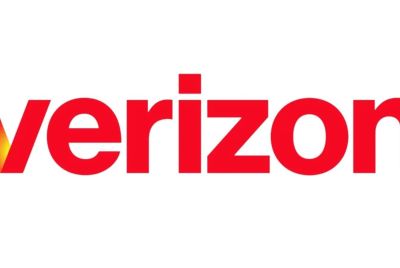EV Maker Rivian Gets Headstart vs Tesla, Hikes CEO Pay Package to $4.6B
Rivian CEO RJ Scaringe could earn up to $4.6 billion from his new compensation package amid expansion plans.

The optimism returned to Wall Street on 10 November 2025, following a sharp rebound from the recent crash of Big Tech stocks. The tech-heavy Nasdaq Composite rose by 2.3% on Monday, but Rivian Automotive stood out, surging 7.75% to close at $16.41 per share. This outperformance saw Rivian beat Tesla's 3.66% gain at the start of the week, marking a significant milestone for the all-electric vehicle (EV) manufacturer.
Rivian, valued at around $20 billion, has garnered considerable attention, primarily due to its latest upgraded pay package for CEO RJ Scaringe. The move comes amidst renewed investor interest in EV companies amid broader market recovery.
A New Pay Package for Rivian's CEO
Unlike Tesla's recent shareholder-approved $1 trillion compensation plan for Elon Musk—the largest in corporate history—Rivian's new pay structure for Scaringe was not subject to shareholder vote. Instead, the company's compensation committee cancelled and revised the previously approved 2021 performance-based award.
The updated plan includes a new performance stock option and a base salary increase. If achieved, Scaringe could potentially receive up to $4.6 billion over the next decade, depending on company performance and stock market conditions.
Market Skepticism and Future Targets
Some market analysts remain sceptical about whether both Musk and Scaringe will actually unlock these vast sums, given that their pay packages are heavily tied to stock performance. Both CEOs face the challenge of significantly increasing their companies' market capitalisations—by 534% for Tesla and 800% for Rivian—by 2035.
Rivian's Financial Performance and Strategic Growth
In the first nine months of 2025, Rivian reported a 26.7% year-on-year revenue increase to $4.1 billion. Notably, the company's net loss narrowed by 29.5%, down to $2.8 billion, compared to the previous year. During Q3 alone, revenue jumped 78.3% to $1.55 billion, while net loss was nearly flat.
CEO RJ Scaringe highlighted ongoing progress, stating: 'In Q3, we continued to make significant advances across our strategic priorities, which include R2 and our technology roadmap.' The R2 model, Rivian's new affordable mid-size electric SUV, aims to appeal to daily drivers and expand the company's market reach.
Scaringe further emphasised Rivian's unique position: 'We believe that our vertically integrated technologies and direct-to-customer model position us to build a category-defining brand in the US and Europe.' His long-term vision sees the automotive industry evolving into fully electric, autonomous, and software-driven markets.
Expansion Plans and Capacity Growth
Rivian's manufacturing facility in Normal, Illinois, produced 10,720 vehicles in Q3, with 13,201 deliveries—the highest quarterly total in the company's history. The company is planning for long-term capacity expansion, particularly for its mid-size platform.
On 16 September 2025, Rivian marked a significant milestone by breaking ground on its second US plant in Social Circle, Georgia. Expected to create 7,500 jobs by 2030, the new site aims to produce 400,000 additional vehicles annually once operational, with construction beginning in 2026.
CEO RJ Scaringe sees the Georgia facility as vital to Rivian's global ambitions: 'This plant will support our expansion into markets worldwide, with millions of people in the US and abroad driving our all-electric vehicles in the future.'
The new plant will focus on manufacturing next-generation models, including the midsize R2 SUV and the R3 crossover. The total investment for site development and plant construction is approximately $5 billion.
Rivian's Market Position and Future Outlook
Since its IPO on 10 November 2021, Rivian has achieved notable milestones. Its market valuation soared to $100 billion on debut, making it the largest IPO of 2021. Over the past year, the company's shares gained 54.96%, outperforming Tesla's 38.61%. However, over three years, Tesla delivered a staggering 150.7% return, while Rivian's stock declined by 41.5%.
Both CEOs face high expectations. As Rivian accelerates production and expands its global footprint, the pressure to deliver on growth targets and shareholder returns remains immense.
With Rivian's strategic investments, expanding manufacturing capacity, and ambitious growth plans, the EV maker is positioning itself as a formidable rival to Tesla. Meanwhile, its new executive pay package underscores the company's confidence in its long-term potential—though only time will tell if these lofty promises translate into shareholder value.
Disclaimer: Our digital media content is for informational purposes only and does not constitute investment advice. Please conduct your own analysis or seek professional guidance before investing. Remember, investments are subject to market risks, and past performance does not guarantee future results.
© Copyright IBTimes 2025. All rights reserved.





















